All Formats & Editions
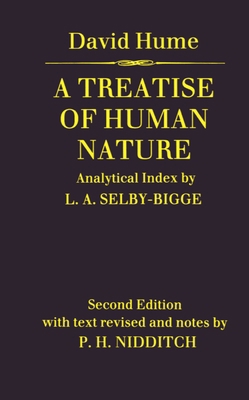
A Treatise of Human Nature
David Hume's Treatise of Human Nature, composed before the author was twenty-eight years old, was published in 1739 and 1740.
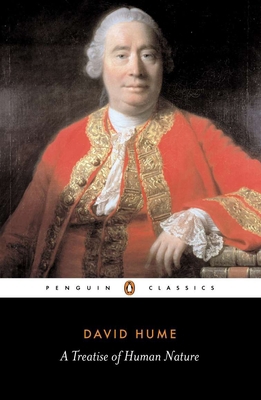
A Treatise of Human Nature: Being an Attempt to...
One of the most significant works of Western philosophy, Hume's Treatise was published in 1739-40, before he was thirty years old. A pinnacle of English empiricism, it is a comprehensive attempt to apply scientific methods of observation to a study of human nature, and...
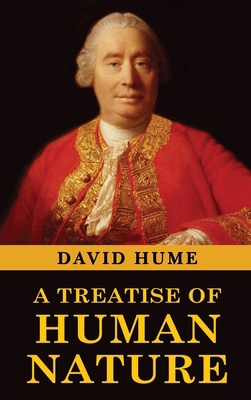
A Treatise of Human Nature
'One of the greatest of all philosophical works, covering knowledge, imagination, emotion, morality, and justice.' David Hume's comprehensive three-volume A Treatise of Human Nature has withstood the test of time and has had enormous impact on subsequent philosophical thought...
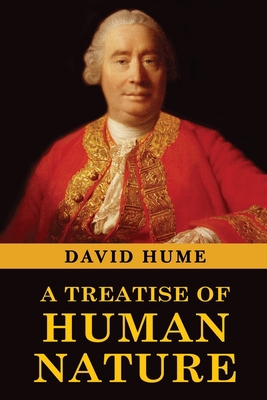
A Treatise of Human Nature
'One of the greatest of all philosophical works, covering knowledge, imagination, emotion, morality, and justice.' David Hume's comprehensive three-volume A Treatise of Human Nature has withstood the test of time and has had enormous impact on subsequent philosophical thought...

A Treatise of Human Nature

A Treatise of Human Nature: Books I-III
A Treatise of Human Nature is a book by Scottish philosopher David Hume, first published in 1739-1740. The full title of the Treatise is 'A Treatise of Human Nature: Being an Attempt to Introduce the Experimental Method of Reasoning into Moral Subjects'. It contains the following...
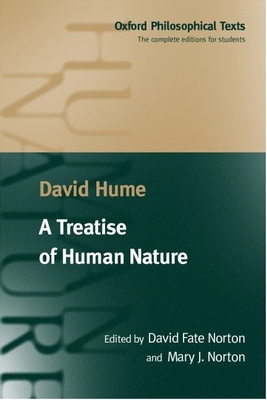
A Treatise of Human Nature
The Oxford Philosophical Texts series consists of truly practical and accessible guides to major philosophical texts in the history of philosophy from the ancient world up to modern times. Each book opens with a comprehensive introduction by a leading specialist which covers...

A Treatise of Human Nature
"Generally speaking, the errors in religion are dangerous; those in philosophy only ridiculous."
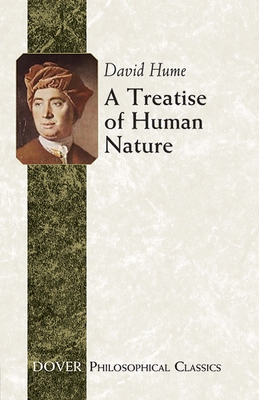
A Treatise of Human Nature
"One of the greatest of all philosophical works, covering knowledge, imagination, emotion, morality, and justice." -- Baroness Warnock, The List
Published in the mid-18th century and received with indifference (it "fell dead-born from the press," noted the author),...

A Treatise of Human Nature
Scottish philosopher David Hume first published A Treatise of Human Nature in 1739. Introducing the experimental Method of Reasoning into Moral Subjects. Touching on understanding, human cognition, skepticism, passions and morals. "Nothing is more usual and more natural for those,...

A Treatise of Human Nature
David Hume's Treatise of Human Nature, composed before the author was twenty-eight years old, was published in 1739 and 1740.
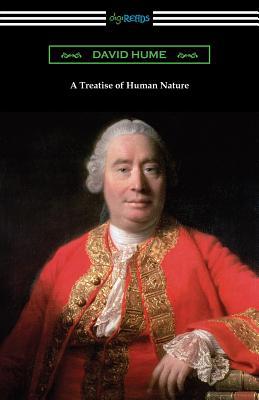
A Treatise of Human Nature
First published in 1739 to an unenthusiastic British public, Hume's "A Treatise of Human Nature" has since been referred to as one of the most significant books in the history of philosophy. Hume, a Scottish philosopher, claimed that he was attempting to discuss moral issues...

A Treatise of Human Nature
One of the most significant works of Western philosophy, Hume's Treatise was published in 1739-40, before he was thirty years old. A pinnacle of English empiricism, it is a comprehensive attempt to apply scientific methods of observation to a study of human nature, and a vigorous...

A Treatise of Human Nature: David Hume

A Treatise of Human Nature

A Treatise of Human Nature
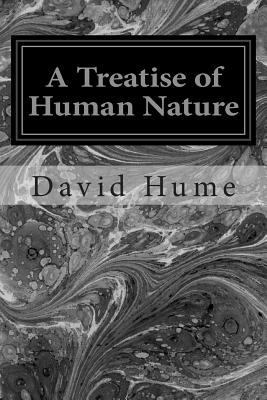
A Treatise of Human Nature

A Treatise of Human Nature: Being an Attempt to...
Book 1: "Of the Understanding" - An investigation into human cognition. Important statements of Skepticism. Book 2: "Of the Passions" - A treatment of emotions and free will. Book 3: "Of Morals" - A treatment of moral ideas, justice, obligations, benevolence.

A Treatise of Human Nature
This anthology is a thorough introduction to classic literature for those who have not yet experienced these literary masterworks. For those who have known and loved these works in the past, this is an invitation to reunite with old friends in a fresh new format. From Shakespeare's...
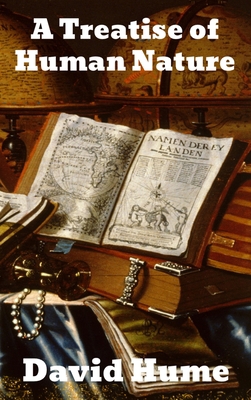
A Treatise of Human Nature

A Treatise of Human Nature
A Treatise of Human Nature is a work of moral philosohy by Scottish philosopher David Hume, it was first published (in several parts) from the end of 1738 to 1740.The full title of the Treatise is A Treatise of Human Nature: Being an Attempt to Introduce the Experimental Method...
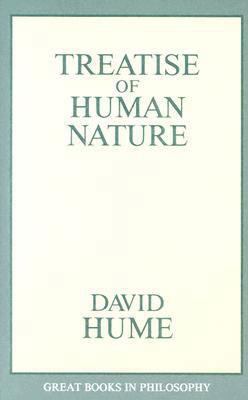
A Treatise of Human Nature
"Nothing is more curiously enquired after . . . than the causes of every phenomenon. . . . We] push on our enquiries, till we arrive at the original and ultimate principle. . . . This is our aim in all our studies and reflections."These words sum up David Hume's plan: To discover...
![Tratado De La Naturaleza Humana (Spanish Edition) [Spanish] 1539641120 Book Cover](https://i.thriftbooks.com/api/imagehandler/l/E7D15C42669107E1DED92F9E9CDEF54FD91A3D53.jpeg)
Tratado De La Naturaleza Humana (Spanish Edition) [Spanish]

Treatise of Human Nature




